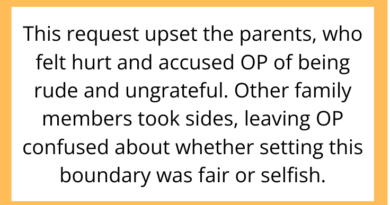AITAH for Wanting to Take a Solo Vacation Instead of Attending My Best Friend’s Wedding?
When it comes to weddings, most people expect their closest friends to show up, suit up, and stand by their side no matter what. But what happens when your own needs, timing, or mental health don’t align with that picture-perfect plan?
That’s exactly what happened in a recent viral post on r/AITAH, where the original poster (OP) asked if they were in the wrong for choosing a solo vacation over attending their best friend’s wedding. As you can imagine, it didn’t go over smoothly.
In this post, we’ll explore this tricky friendship dilemma: When do personal boundaries clash with social expectations, and does choosing yourself mean betraying someone else?
The Story: Vacation Booked, Wedding Announced

OP shared that they had been planning a long-overdue solo trip for months—non-refundable flights, pre-paid accommodations, the works. This vacation was meant to be a reset after years of burnout and personal loss.
Weeks after OP confirmed their travel plans, their best friend announced a surprise destination wedding—scheduled smack in the middle of OP’s trip. Everyone assumed OP would reschedule. When they didn’t, the bride was crushed and mutual friends began calling OP “selfish” and “disloyal.”
But OP stood firm. The vacation was something they’d saved for emotionally and financially. They wished the couple well, sent a generous gift, but declined to attend.
Now, OP is asking: Am I really the villain for prioritizing myself just this once?
The Emotional Weight of Saying “No” to Big Life Events
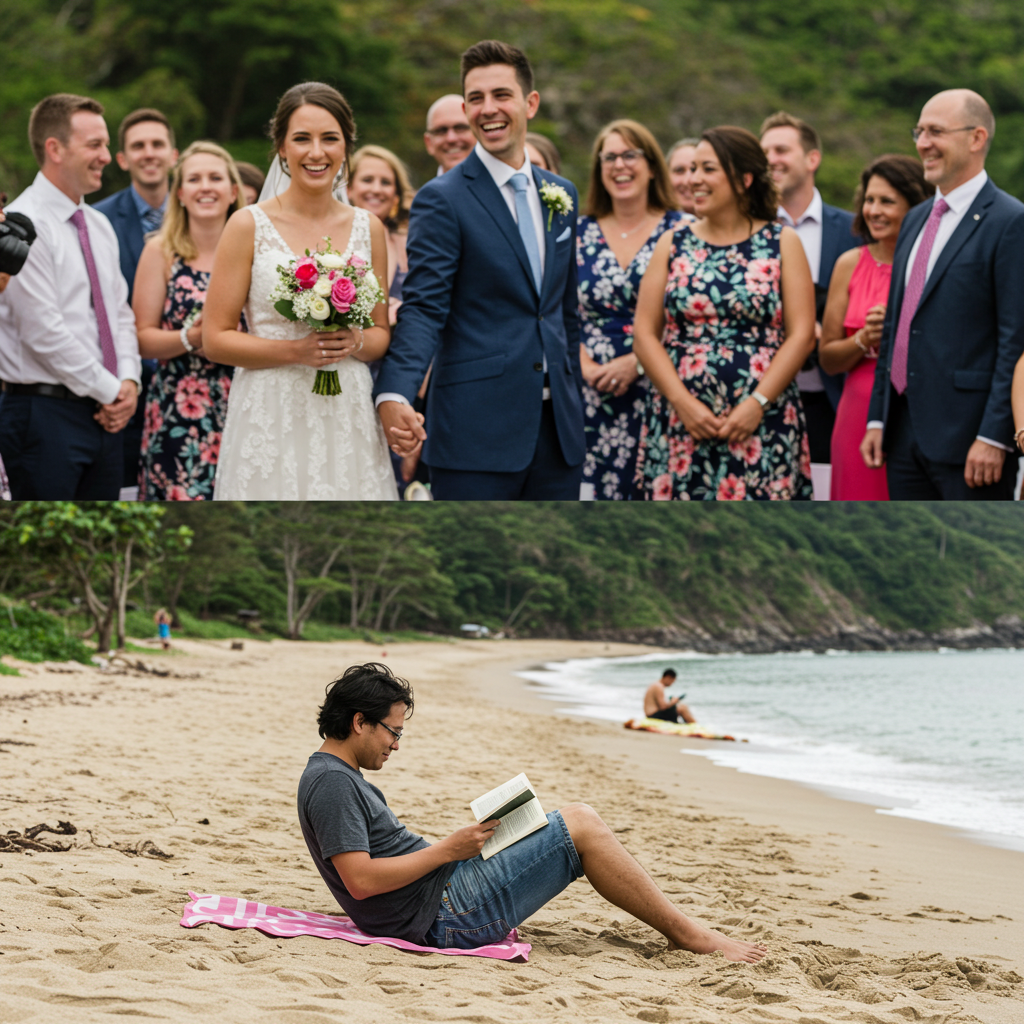
There’s no denying weddings are important. They’re often seen as a non-negotiable event for anyone considered “close.” So when someone doesn’t show up—especially without a tragic reason—it’s viewed as a betrayal.
But is that fair?
-
Weddings are a celebration, not an obligation. Being invited is an honor, not a binding contract.
-
Burnout is real. Emotional exhaustion can make social commitments overwhelming.
-
Solo travel is self-care. Some people heal and recharge by disconnecting.
Saying no to a wedding doesn’t always mean you don’t care. It might mean you care enough about yourself to protect your peace.
Social Pressure vs. Personal Boundaries
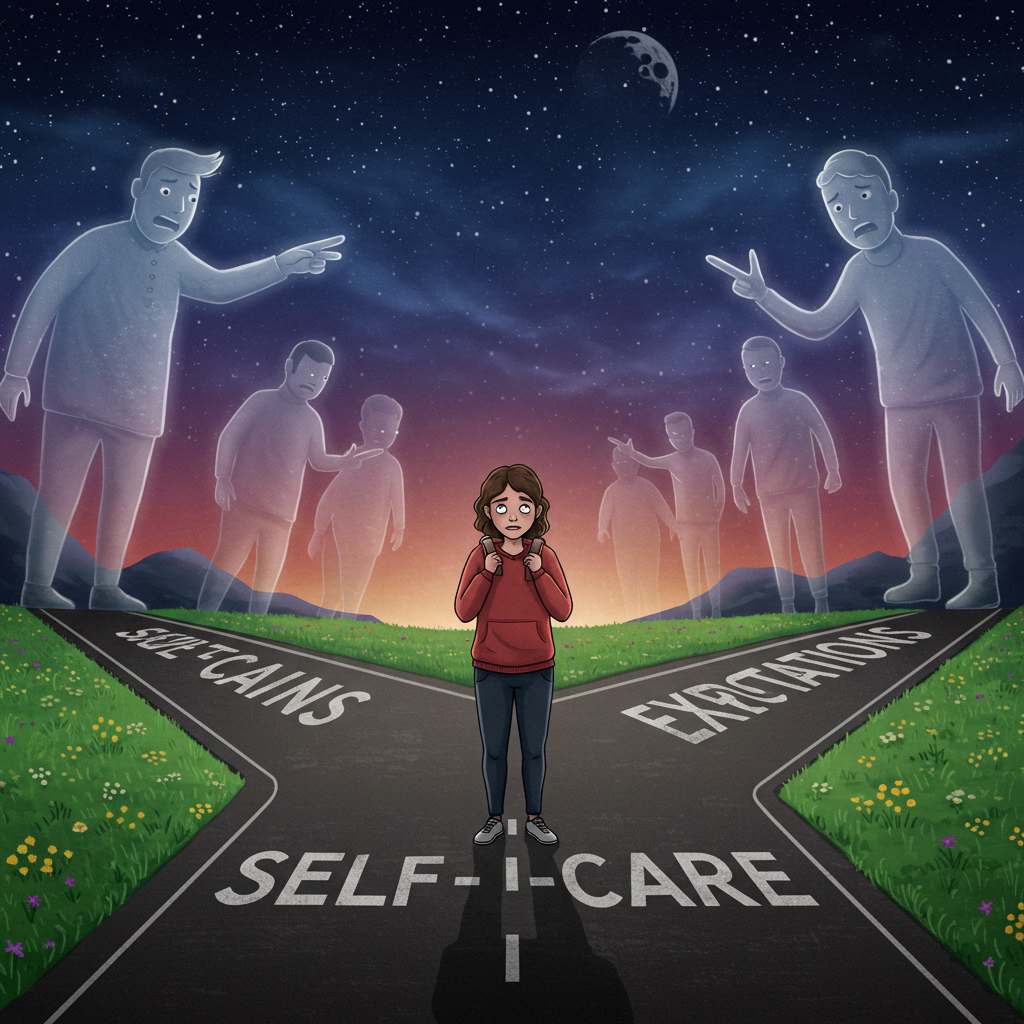
OP’s decision sparked outrage, but also deep empathy from those who understood the struggle between being a “good friend” and maintaining your own boundaries.
Here’s why people felt torn:
-
Social norms tell us to show up—always. Saying no feels taboo, especially in friendships.
-
Guilt overrides logic. Even if you’re drowning, there’s pressure to prioritize others.
-
Not everyone views self-care the same way. Some people think mental health breaks are an excuse rather than a necessity.
The truth is, boundaries aren’t always convenient for others—but that doesn’t make them wrong.
How to Say “No” Without Burning Bridges
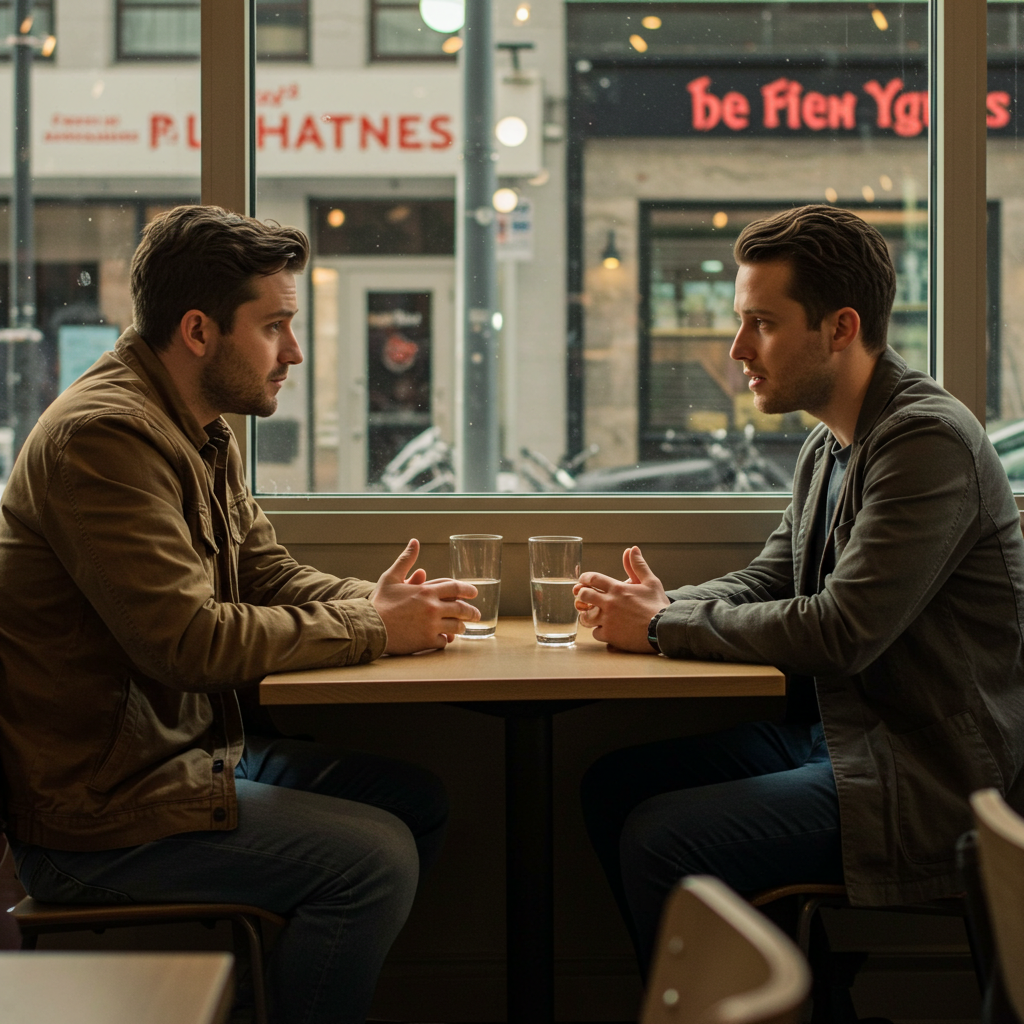
If you ever find yourself in a similar situation, here are ways to stay honest without completely breaking down a relationship:
-
Be upfront early: Don’t delay the conversation. Say no as soon as you know.
-
Be sincere but firm: Acknowledge the importance of the event, but explain your reasoning.
-
Offer an alternative: Send a heartfelt note, video message, or plan a post-wedding celebration.
-
Accept the consequences: Understand your decision may still hurt the other person—and that’s okay.
Friendships that last are the ones that survive honesty.
What the Reddit Community Decided
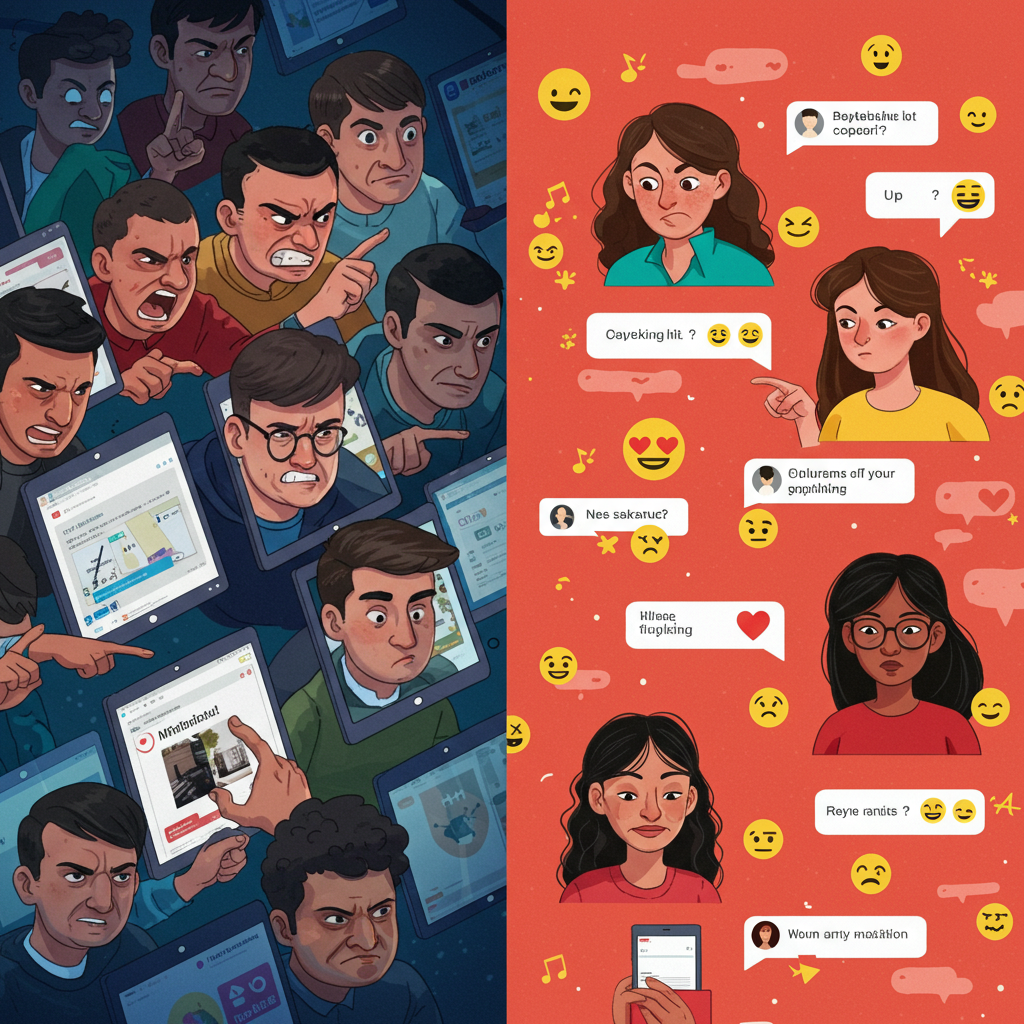
As with most AITAH posts, Reddit was split. Some users called OP selfish and inconsiderate, citing how rare major life events like weddings are. Others applauded OP for setting boundaries, especially in a culture that often demands self-sacrifice.
One commenter summed it up best:
“Missing a wedding doesn’t mean you’re a bad friend. Ignoring your own needs over and over again? That’s what burns you out—and burns bridges in the long run.”
Final Thoughts: Is Self-Care Ever Selfish?
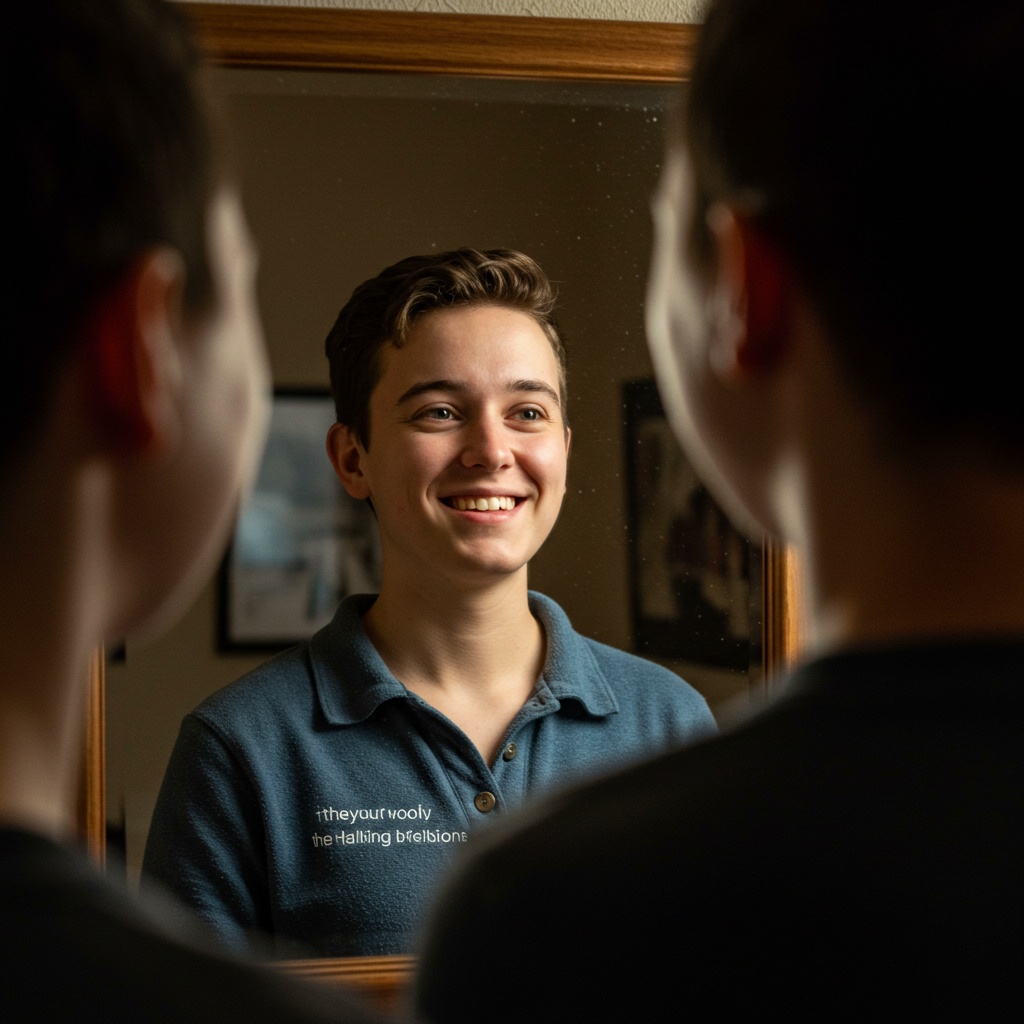
Choosing yourself doesn’t make you heartless. It makes you human.
OP didn’t ghost the wedding. They didn’t lie. They made a choice rooted in self-awareness and personal need. Could they have handled it differently? Possibly. But that doesn’t make them the villain in their own story.


